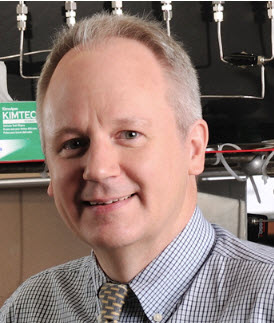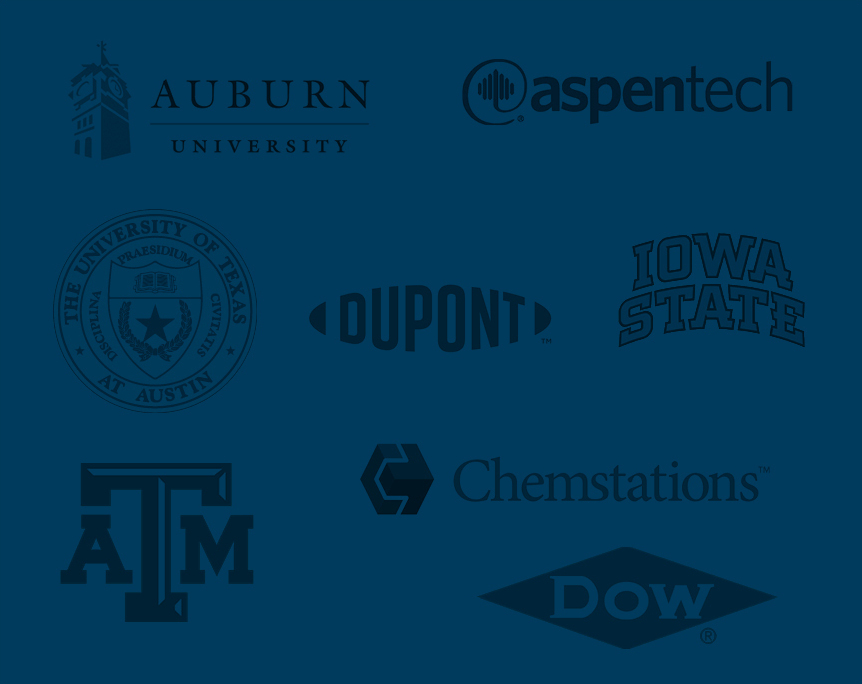
Transforming process industries
Join the process intensification community.
We can do more together.
As a member of RAPID, you'll be part of the premier group of industry-leading organizations working on more efficient processes and distributed industrial modularization.
Chemical Commodity Processes
Intensified Process Fundamentals
Modeling and Simulation
Module Manufacturing
Natural Gas Upgrading
Renewable Bio Products
Featured Projects

Principal Investigator
Brian Paul
Modeling the Total Cost of Ownership for Scaling-Up via Modular Chemical Process Intensification
This project represents a collaboration between the RAPID Module Manufacturing Focus Area (MMFA) and the Construction Industry Institute, within the Cockrell School of Engineering at the University of Texas at Austin. The research objective is to model the total cost of ownership (TCO) for scaling up via modular chemical process intensification (MCPI) and apply this model to four RAPID projects over the remaining course of the effort.
Focus areas
- Module Manufacturing
Partner organizations
Oregon State University
University of Texas at Austin

Principal Investigator
Götz Veser
Intensified Commercial Scale Production of Dispersants
This project will demonstrate conversion of a large-volume chemical commodities process from batch to continuous processing. It is focused to create an order of magnitude reduction in equipment size (and associated capital cost) by transitioning the traditionally batch production of dispersants, specifically succinimide dispersants, into a continuous process. Succinimide dispersants are a relatively large volume family of products that vary by molecular weight, and structure.
Focus areas
- Chemical Commodity Processes
Partner organizations
University of Pittsburgh

Principal Investigator
Michael Baldea
Dynamic Intensification of Chemical Processes
A significant portion of commodity products are manufactured in large facilities that operate at steady state. In many ways, the traditional chemical industry has reached a plateau in terms of productivity and energy efficiency in such facilities. Improvements based on existing technologies and unit operations are mostly incremental and unable to address fundamental transport limitations that drive process efficiency.
Focus areas
- Chemical Commodity Processes
Partner organizations
University of Texas at Austin
Dow
RAPID Newsletter Signup
Sign up to receive the latest RAPID project and partnership news directly in your inbox.
Become a Member
Be at the forefront in developing new technology related to process intensification.


